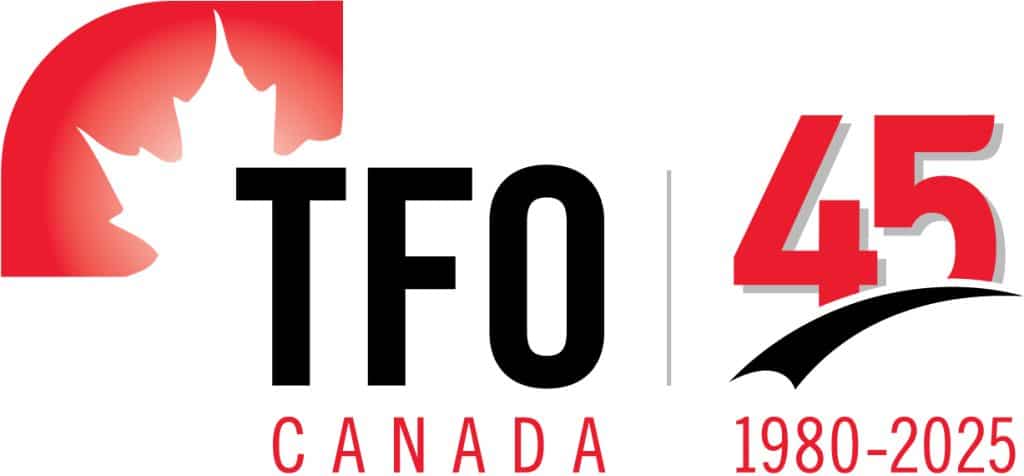The European Union (EU) has agreements on trade (export and import) with many countries outside the European Union. In terms of trade, these are “third countries”. Anne Griffioen, Chief Policy Officer for International Business at evofenedex: “These trade agreements have really worthwhile benefits for entrepreneurs. But by no means everyone reaps these benefits.” What do entrepreneurs face?
A good example of this is the Comprehensive Economic and Trade Agreement (CETA), a trade agreement between the European Union and Canada. This treaty has been in effect since 2017, for both imports and exports. Anne explains what the advantage is for Dutch companies that export the products. “CETA has eliminated 98 percent of Canadian import duties. It makes a big difference if you export European products to Canada. You can save 8 to 15 percent on costs.” Such a trade agreement gradually became known. In 2017, 31 percent of Dutch exporters to Canada benefited from these beneficial trade tariffs. In 2018, a year later, this was 50% and in 2019 60% of exporters. But Ann doesn’t think that’s enough: “40 percent don’t take this opportunity!” What’s wrong with that?
Ann benefits greatly from the experiences of entrepreneurs. “They tell us what they are facing and how these trade agreements work in practice. Entrepreneurs also come up with ideas for new trade agreements.” With this information in her pocket, Anne begins a conversation with policy makers and MPs.
Read more here
